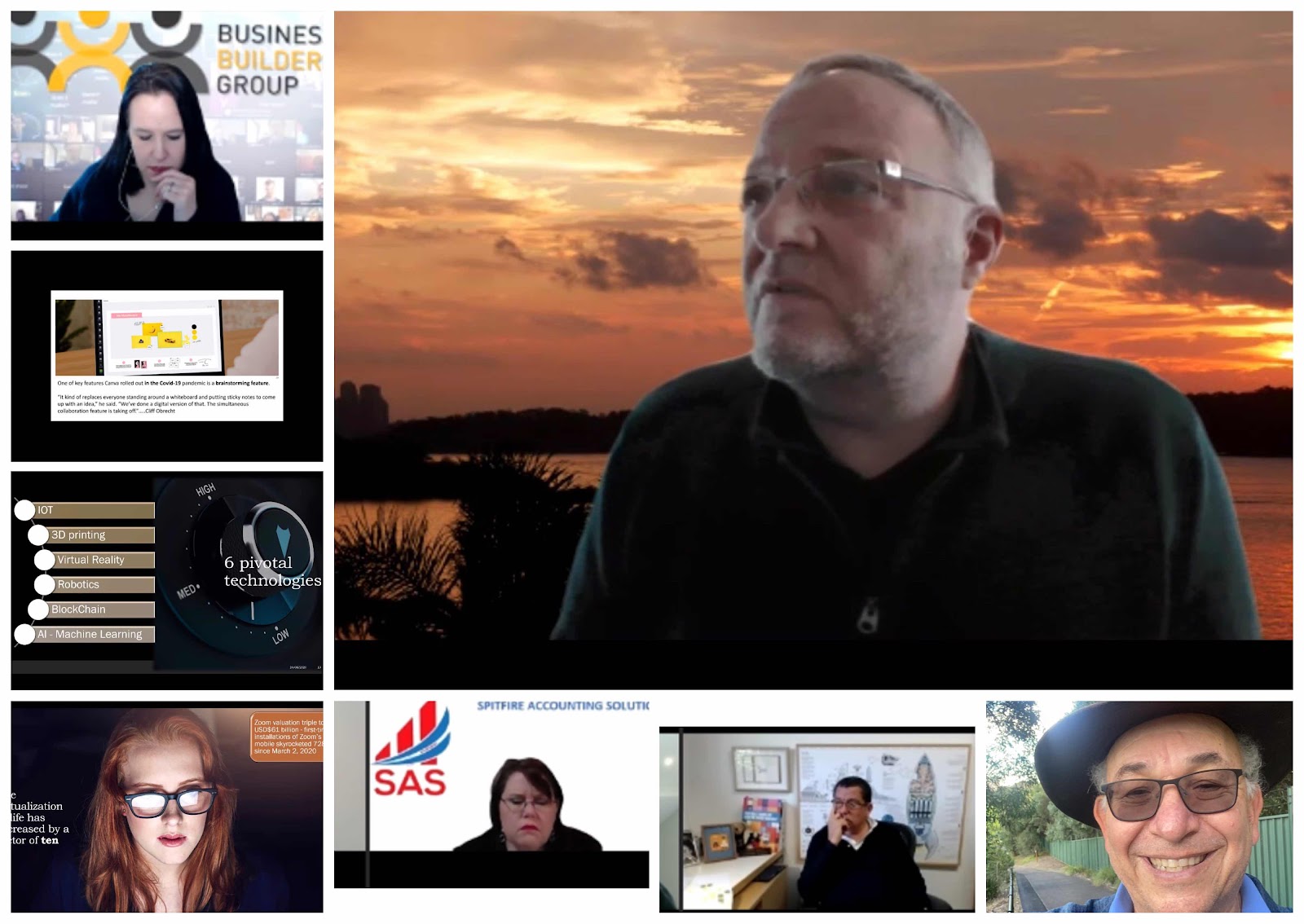
Disruption in the world of work is here to stay. It will continually alter workplaces, workforces, workspaces, workflows and workloads.
Making change is a difficult thing to do where 70% of corporate change initiatives fail (Gallup).
Only leaders who respond to this new norm by disrupting their own philosophies and strategies about change can position the heart of their organisation -- their people -- to continuously adapt and excel.
Gallup suggests we flip the script and enable employees to create and lead the change themselves.”
The difference between a manager and a leaders mindset on change
A manager. A leader
Drives Change Inspires Change
Focuses on
Structural aspect Behavioural and Cultural Aspects
Informs Empowers
To prepare their people to help lead change, leaders need a workplace culture that lives and breathes adaptability and have agility in its DNA.
It needs a work environment that energizes people to get ahead of change and push the organization forward.
In our BBG Sydney Superforum last week, Tony Surtees identified a massive gap for consultants to help with managing change in Enterprises after “the great reset” - because one thing that we can be sure of - is that there will be massive change!
The leader needs to understand human emotional dynamics -- including mindsets, behaviors and cultural norms
Gallup in an article by MARA HOOGERHUIS AND JILLIAN ANDERSON identifies 4 ways of how to navigate a succesful programme of change and encourage its people to create and own the change
1. Involve, trust and empower your people.
Develop employees into agents of change by consistently demonstrating that employees' ideas and contributions matter. Involve them in decision making, empower them to perform - and trust them. They may do things differently to you - but they will achieve the desired result their way
2. Prioritise manager development
When managers serve as coaches, not bosses, they fuel engagement and inspire employees to move away from their routines and adopt new mindsets and behaviours
.
Create a culture of learning and collaboration. Invest in ongoing manager development -- and most importantly, give managers the freedom to coach their team members.
Support managers with the right tools and kpis to strengthen employee awareness, adoption and accountability.
3. Use analytics to get ahead of employees' perceptions and emotions.
Emotions primarily drive decision-making, not rational thinking. In fact, 70% of decision-making is based on emotion and 30% on rational thought.
Leaders should use multiple channels to understand employees' emotions and perspectives, including ongoing dialogue, employee analytics, feedback mechanisms, Conversations and BBG Forums
With in-depth insights, leaders can adjust their strategies, grow employee buy-in and disseminate best practices.
Through conversations with key stakeholders, leaders can glean success strategies from early adopters and early resisters.
With qualitative and quantitative data on their people's change readiness, leaders can discover ways to unify employees behind a change initiative. Leaders should involve managers in feedback collection and give them access to real-time employee analytics.
4. Create a culture of learning.
A disruption-ready organisation never stops learning and growing.
To lead change, employees must repeatedly adapt to new discoveries and shifting demands.
Leaders should create processes and cultural norms that propagate rapid experimentation, adaptation and collaboration.
Leaders must ensure their people are aligned and working together to drive success.

